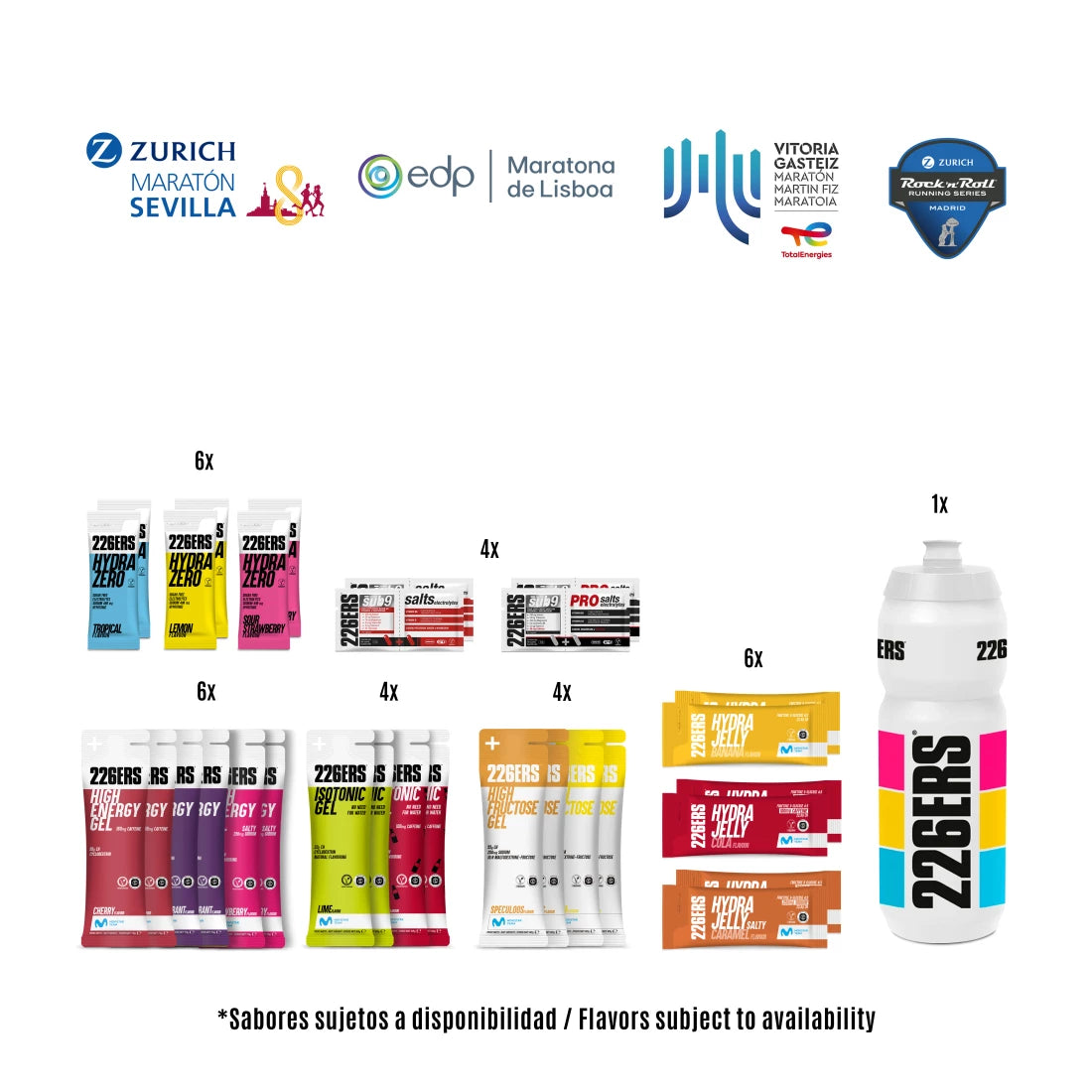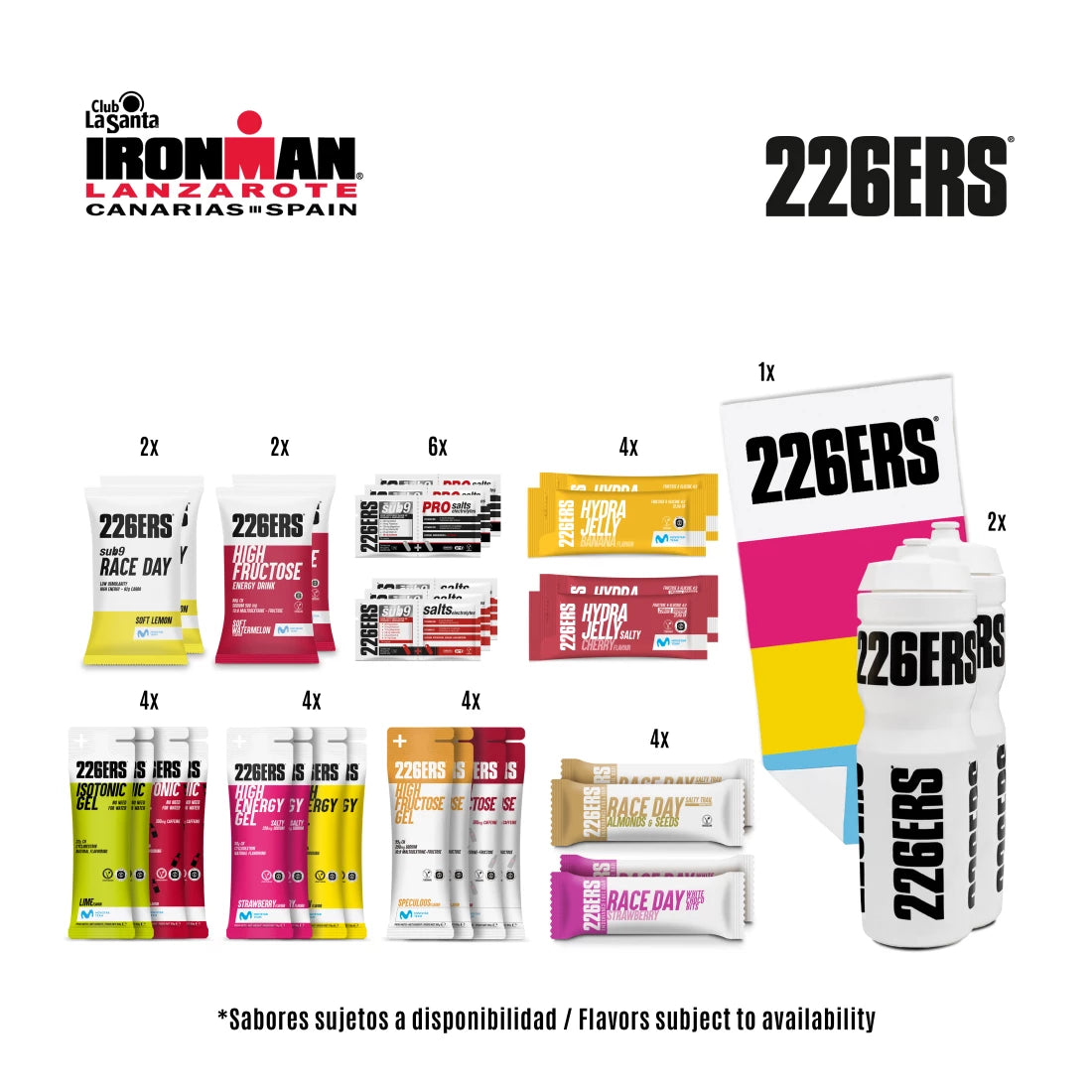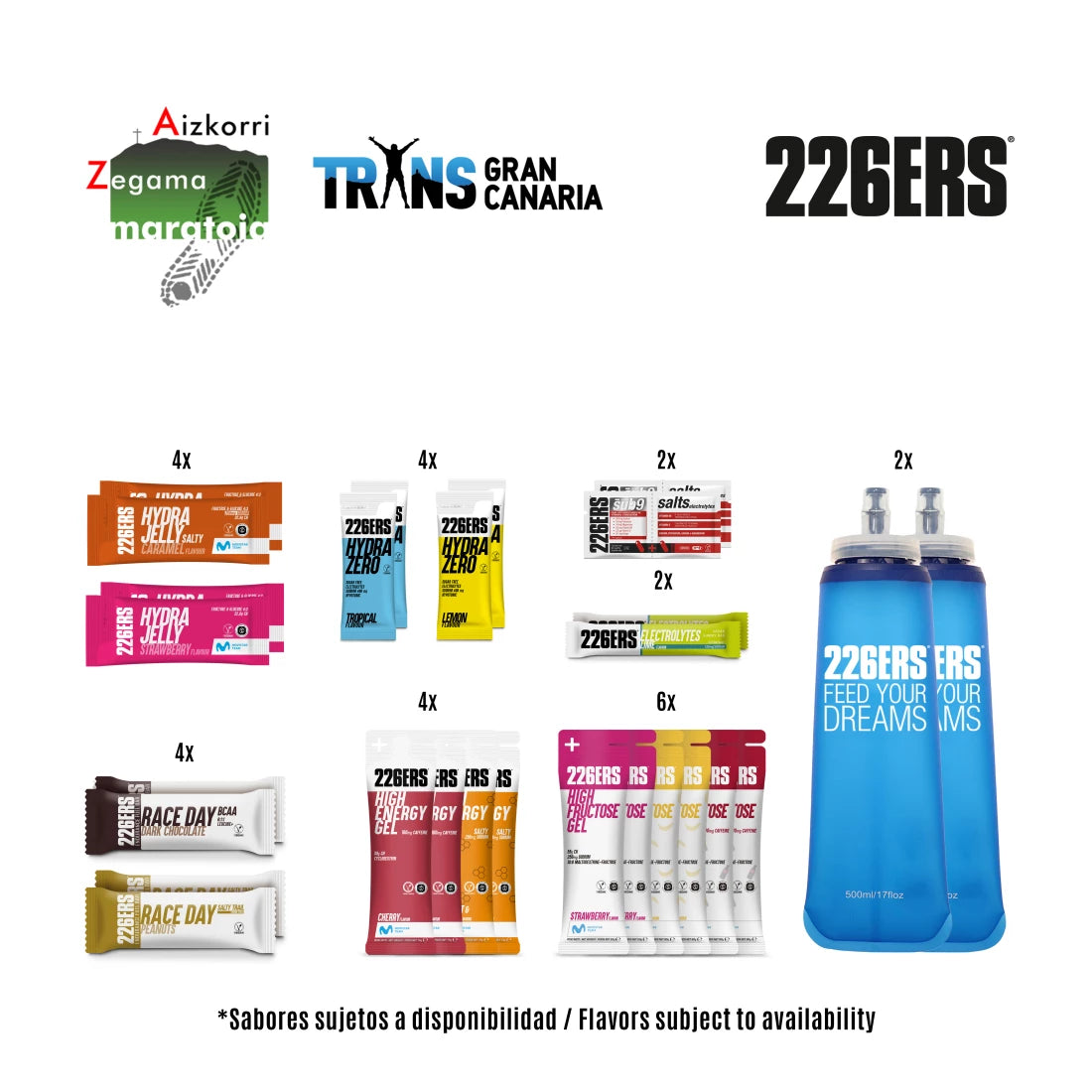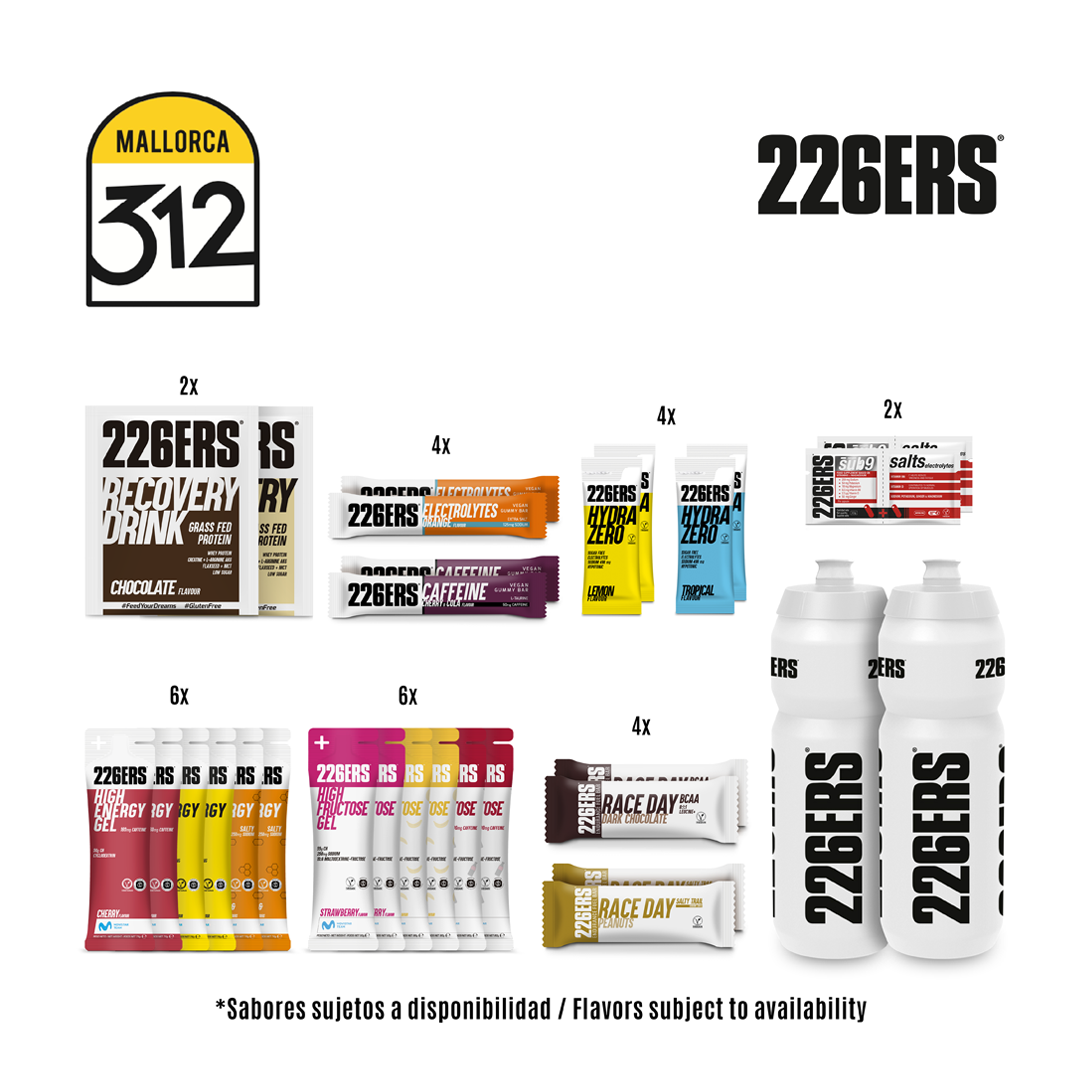Alex Imbernón returns to Feedyourdreams with one of the topics that most worries the beginner triathletes, swimming in open waters.
We are already practically in summer and many of you have already seen you in the sea Fighting against currents, the sun, the neoprene friction on the neck, etc. To make it easier we will see what 5 aspects you have to take into account to go swimming to the sea, since as much as some see it easy and simple, The sea is totally different from the pool And I do not say it only for the bugs that you can find :) but for the following:
1. Check the state of the sea before getting into the water
It is very important to check the state of the sea and the beach where you are going to swim since it is not the same to swim with the flat sea as the Mar Menor of Murcia could be to swim on the beach of San Juan Alicante with Levante wind. To do this always look at Atmospheric time websites or trust app They tell you the prediction for the day you are going to swim. Be careful of everything, try to go to Windguru or those of the State as the Aemet that surely are closer than the rest.
The currents play a fundamental role in competition and the great open waters swimmers or triathletes They are the ones that stand out in non -favorable conditions where intuition and experience are those who send in these types of conditions.
Try to train with all kinds of currents and see this trust and know how to do in this type of conditions. Of course, if the sea is brave and dangerous, Don't be "Cazurro" and go to your pool to swim. A day less on your calendar will not make you play slower than before.
2. Be careful with the dizziness training
You will not be the first or the last one who dizzy training in the sea. Many swimmers suffer from this due to the inexperience and instability of the position while swimming in poor condition. To do this, there is no better advice than Go to your pharmacy and ask for a "biodramine" To avoid dizziness. Eye: You know, take it 1 hour before starting to swim, surely help you.
You already know that the psychological effect also makes us get dizzy, therefore, try to be relaxed before getting into the water, you have trained to be there, you know that beach and also go in a group. Nothing bad can happen to you if you trust yourself, your training group and your coach.
3. Neoprene yes or neoprene right?
This is the big question you are asking right now, right?
So far you were very clear, the neoprene helps me to float more and on top I go warm, perfect, there is no doubt. Now, at the moment with the sun hitting and sweating the biggest before getting into the water, what I do?
My advice is always focused on the best for you, and as I tell my swimming group How are you going to compete? Without a suit or in neoprene suit? Well, depending on the answer, training as competers.
In another post We will tell you the 5 differences between swimming with neoprene and swimming without neoprene That surely opens your eyes a bit.
4. Train the technique at sea
What did you think the technique is not trained in the sea? Well yes sir, The technique is trained and if you continue to pull my tongue, tactics. The open waters has the beautiful thing that is very difficult to know what will happen to you until you have been swimming in the middle of the competition.
Therefore, he trains technical factors that can lead you to win time in a test at sea. Our group always trains technical as buoys turns, swimming to feet, swimming in parallel, rhythm changes, etc..
How much to tactics? Study the circuit very well, the waves, the test and the level that is to know very well in the group that you are going to go and how you have to go. You will gain confidence and above all, time.
5. Avoid frictions in your body
Jellyfish? Is it really the only thing that worries you about the sea? Don't be rookie and Avoid chafing in your body.
For this there are thousands of petroleum jelly, use the one that best goes with your body, they are all pringoly and we all give us a stick to smear them with them but in the long run Avoid deconcentrating you with strong pains both in neck and armpits that produces you.
I cannot tell you about brands but I only say that the brand that out of specialized vaseline makes August with the triathletes and swimmers of Open Wáter, with me they would already have a customer :-)
Conclusion
The best open water swimmer is not the best swimmer in pool. There are many factors that are different and that in the long term generate trust and performance in the athlete. You must know the state of the sea, your beach or your beach bar, but Surely you will go when you know the mountain port before uploading it.
Avoid dizziness and friction on your skin that can harm your training or competition and finally technical training at sea, will help you better adapt to the environment and to improve day by day.
If you are looking to improve your performance in the water and want to improve your swimming technique in a single day, choose one day, a pool and we will help you get it! #PERSONALSWIMMIN #AlICANTE #ELCHE #MURCIA
More info at → www.nadaconentreno.com











